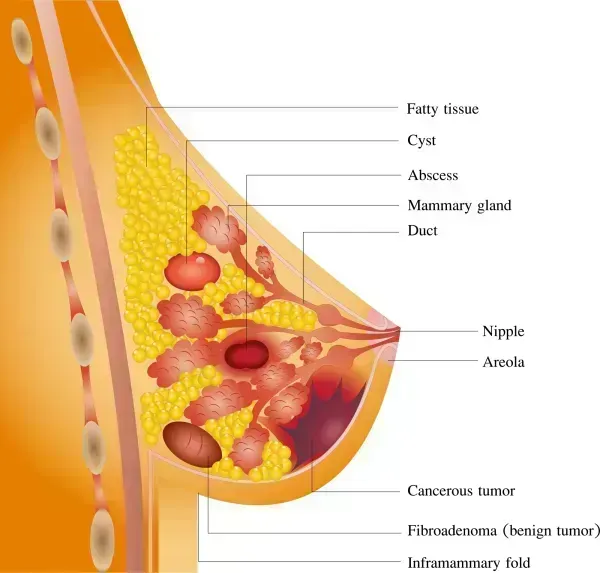99024 Leads Charge to Capture Postoperative Visits
Reporting is mandatory for few, voluntary for most. When your surgeon sees a traditional Medicare patient for a surgical post-op visit, you have a new way to report the service. Do this: Report 99024 (Postoperative follow-up visit, normally included in the surgical package, to indicate that an evaluation and management service was performed during a post-operative period for a reason[s] related to the original procedure) for each routine postoperative visit within that surgery’s global period, says Melanie Witt, RN, CPC, MA, an independent coding expert based in Guadalupita, New Mexico. Notice: “Code 99024 is not new,” explains Terri Brame Joy, MBA, CPC, COC, CGSC, CPC-I, director of operations with Encounter Telehealth in Omaha, Nebraska, “but it was not previously reportable to Medicare since it was a no-charge visit.” Read on to learn why CMS introduced this policy, and whether reporting 99024 is optional or required for your practice. Follow Rationale for Post-Op Reporting You may recall that CMS once proposed dropping global surgical packages by 2018. But the Medicare Access and CHIP Reauthorization Act of 2015 (MACRA) prohibited CMS from transitioning all surgeries to 0-day global periods without first gathering data on visits in the post-surgical period that could be used to accurately value these surgical services. Well, the data gathering is upon us. After several altered plans about how to do this, the 2017 Medicare Physician Fee Schedule (MPFS) Final Rule laid out the blueprint. For most practices, submitting data is voluntary. But for a limited number of groups, you should be reporting 99024 to Medicare as of July 1. Impact: CMS intends to use the data “to improve the accuracy of valuation of surgical services under the PFS.” That will likely be a reduction in the payment, similar to what was seen with the simple laceration codes, according to Michael A. Granovsky, MD, CPC, FACEP, President of LogixHealth, a coding and billing company in Bedford, MA. Remember, if CMS removes the global days, the surgical code will represent payment only for the surgery, and post-operative visits will be reimbursed separately, Joy says. Payment changes based on the data won’t happen without an opportunity for your input. “To the extent that these data result in proposals to revalue any global packages, that revaluation will be done through notice and comment rulemaking at a future time,” CMS states. Understand Data Collection CMS settled on a simplified data collection strategy for 2017 that “significantly reduces the burden on practitioners compared to the proposed rule,” according to the agency. The simplified plan requires mandatory reporting from fewer practitioners, and only for high-volume/high cost procedures by reporting 99024 instead of the multiple proposed, time-based G-codes. Read the next section tosee if you’re one of the practices that must report thisdata. Although practices could have been reporting since January 1, mandatory reporting for certain practices started only on July 1. CMS limits the reporting requirement to specific high volume/high-cost procedures. Some of the common procedures your general surgeons might perform include the following: You can find the complete list of all affected CPT® codes here: www.cms.gov/Medicare/Medicare-Fee-for-Service-Payment/PhysicianFeeSched/Downloads/Codes-for-Required-Global-Surgery-Reporting-CY-2017.zip. Know Who Must Report You are required to report 99024 to Medicare if your general surgery practice has 10 or more practitioners and is located in one of the nine specified states: Evaluate volunteer reporting: Providing accurate data to CMS will benefit all practices. Under-representing the number of post-op visits for a given procedure could ultimately result in payment reductions for those services. Your practice will need to weigh the added burden of reporting against the possible benefit of being represented in the cost analysis for global surgical packages.




